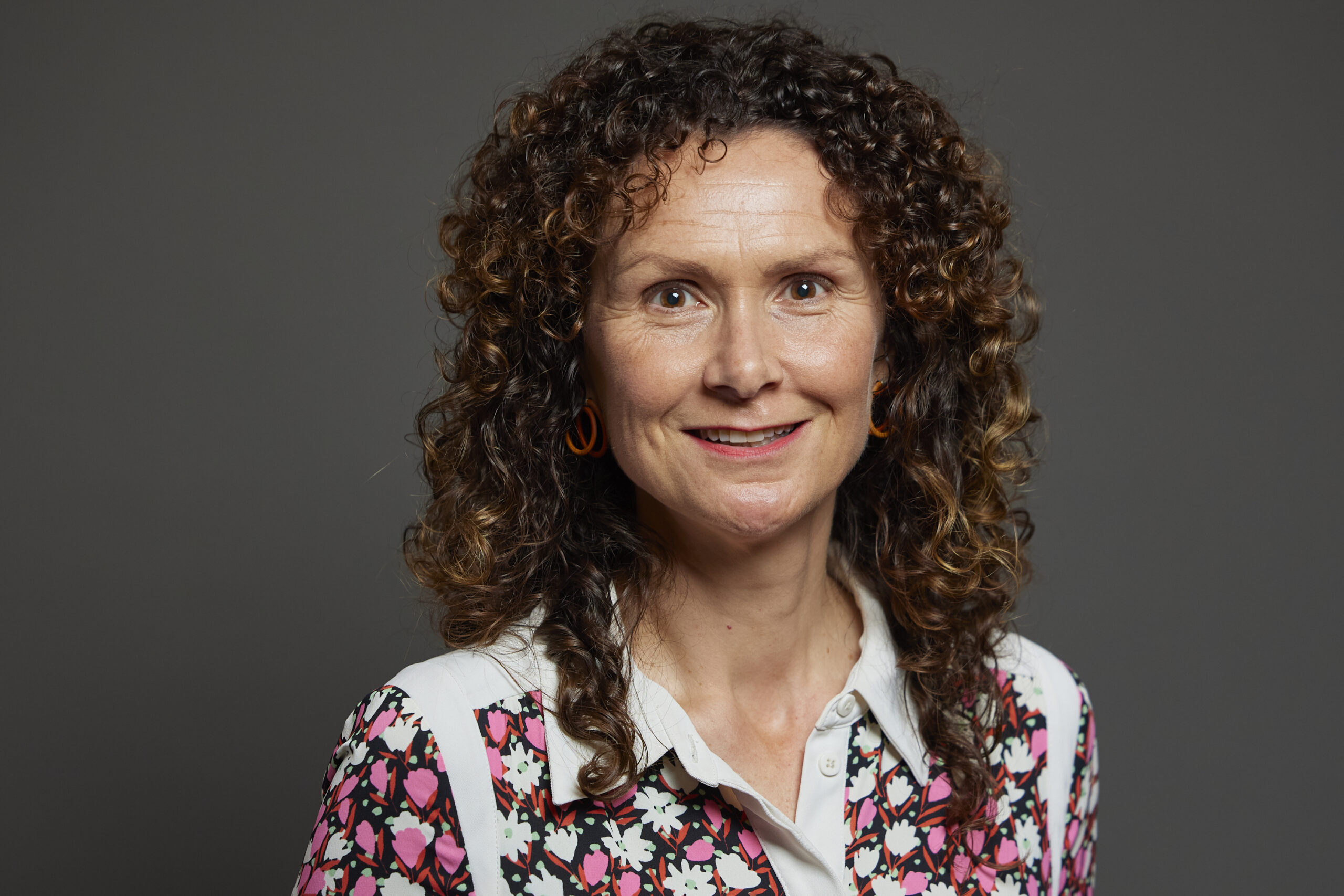Caring is a universal experience. Almost everybody will find themselves being an unpaid carer for their loved ones at some point or being cared for by their loved ones in turn. We talk about record waiting times for illness’ but for every person suffering from a devasting illnesses, there is an unpaid carer, unseen, supporting and caring for them.
According to the recent census, there are 5.7 million unpaid carers in the UK. However, it is likely that the total number is much higher as this is just people who are able to recognise themselves as such. Carers UK research in 2022 estimated that the number of unpaid carers as up to 10.6 million. Whichever figure you use, it is a huge number- and this figure is growing. Recent research published by the Joseph Rowntree Foundation suggests that by 2035 there will be a 11% increase in the number of unpaid carers. The amount of care that carers are doing is also predicted to increase, with more carers predicted to be providing over 35 hours of care each week.
Given the sheer number of unpaid carers, and given the value they represent to the economy – £162 billion per year in England and Wales, £13.1 billion in Scotland and £5.8 billion in Northern Ireland you would expect the Government to be putting them front and centre of their policies. Disappointingly this is just not the case – with unpaid carers not being mentioned once in the Labour manifesto or the recent King’s speech.
Conversely, I am proud to represent the Liberal Democrats, a party which champions carers and relentless stands up for them. In my – almost – five years as a Lib Dem MP I have been proud that we were the first to call for priority Covid vaccinations for unpaid carers and that we have continued to fight for more support whether it be reformed Carer’s Allowance or respite breaks.
My own personal success came through passing the Carer’s Leave Act in the 2022-2023 parliament. I brought this groundbreaking legislation to Parliament having succeeded in the Private Member’s Bill ballot; and guided it through with help with colleagues in the House of Lords. The result is that unpaid carers now have their first standalone employment rights, entitling them to take 5 days of unpaid leave per year to help them juggle caring and working.
This isn’t the end of the fight for unpaid carers, however. Having been re-elected to Parliament this summer, I am determined to keep going to fight for improvements. Doing the most human of tasks, caring for our loved ones, should not mean living in poverty and making ourselves ill. This is why I held a debate in Parliament, on the second day back in September, on the merits of a Cross Government Strategy on Unpaid Carers. Because the policies which could provide help and support are spread over all of the Government – and nothing will get done without collaboration and overall strategic direction.
Such a strategy would obviously engage the Department for Health and Social Care – not just because it considers carers but because of the health impacts of providing unpaid care. The Carers UK State of Caring report published last year found that 82% of unpaid carers said that the impact of caring on their physical and mental health would be a challenge; whilst deeply worryingly research by the University of Birmingham found that 41% of unpaid parent carers of disabled children had thought about killing themselves.
The DWP would also be brought in – to look at making Carer’s Allowance not only adequate but prevent it being a block to work. To keep more unpaid carers in work, we need improved employment practices – law and regulation which comes from the Department for Business and Trade. I remain concerned that not enough has been done to tell businesses about the new Carer’s Leave entitlements; and also know that this does not go far enough and that in the long run we need to make Carer’s Leave paid.
Young carers are so often overlooked, something that can impact the rest of their lives. I have seen this myself in my attempts to get answers from the Government over financial support for young carers in education. The DWP’s position is that young carers ought to be supported by the Department for Education; whilst the Department for Education refuses to classify them as vulnerable for the purposes of financial support.
And all of those other things that can help make life easier, make it more meaningful fall to yet other departments. Suitable housing, local authority support, respite care, and access to leisure facilities are just some of them.
Appointing a Minister for Social Care in the Department of Health simply isn’t good enough. There is much to do, and I look forward to pushing – and hopefully engaging with – the Government to get it done. A cross government strategy is a vital first step. This the Labour party promised before the General Election was called. This they must deliver to give unpaid carers the brighter and better future they deserve.
Young carers are so often overlooked, the new Government must deliver on all the promises they made before the election

Wendy Chamberlain MP
Wendy Chamberlain is the Liberal Democrat MP for North East Fife, and was first elected in 2019. She currently undertakes the role of Liberal Democrat Chief Whip.

